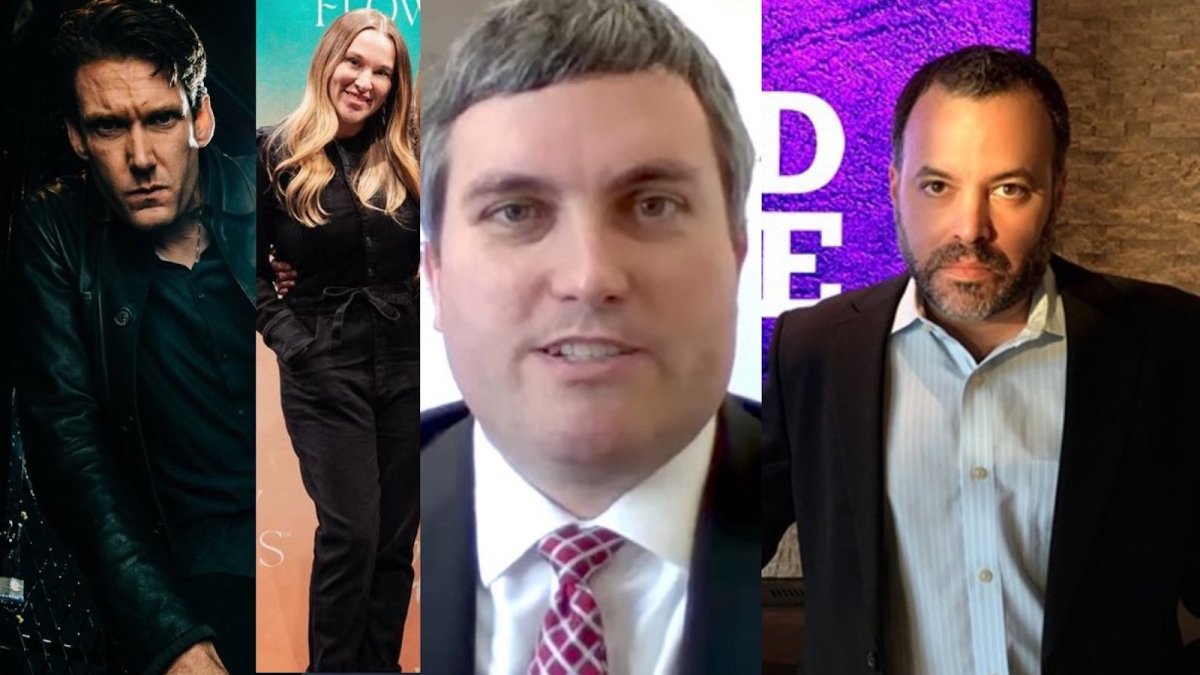Battle not with monsters, lest ye become a monster. This phrase has never held more truth than with these five true crime podcasters, who very quickly found themselves on the other side of an accusation. From inappropriate fan requests to unchecked facts and releasing one too many details, these podcasters wound up becoming one of the very criminals they’ve dedicated their lives to studying and reporting.
Mike Boudet — Sword and Scale (2014)
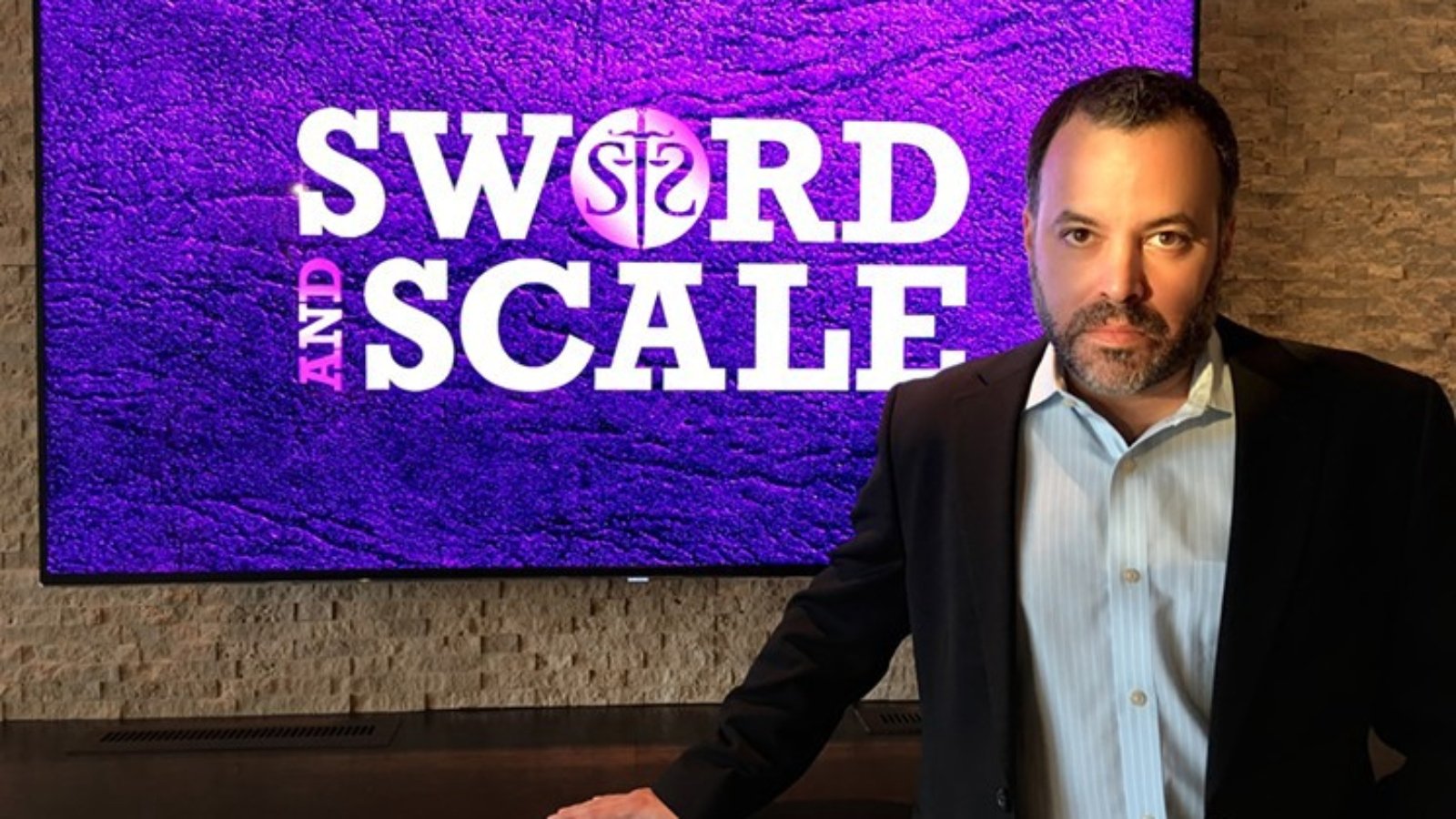
Cue the Cops theme song. Boudet is the host of the popular Sword and Scale true-crime podcast. Within a year of its creation, it had accumulated over a million downloads per episode and was ranked among the top five podcasts in the “social sciences” category. The podcast managed a Patreon account of $75,000 per month and had hundreds of thousands of listeners all across the world. But who knew the creator, Mike Boudet, would turn into one of the very criminals he found himself so captivated by?
The allegations against Boudet started small, with a few female fans reporting some of Boudet’s interactions with them being slightly off-color, bordering on inappropriate. Soon more and more reports surfaced, including some that came with screenshots of Boudet requesting nude pictures from the women or commenting crudely on their appearance.
There were also rumors of misogynistic and even racist comments made by Boudet to fans and on the podcast’s Instagram. As the heat on Boudet grew, his work became sloppier and sloppier. Boudet was accused of being insensitive toward victims as he released gratuitous information and details, as well as entire unedited 911 calls without permission. He was also widely known to be insensitive around issues of women’s rights and mental health and more and more, his comments began to reflect that.
The final blow to Boudet’s success came on International Women’s Day — of all days — when he uploaded a since-deleted post stating, “I don’t understand dumb c*nts. Maybe I should take one apart and see how it works.” The post was the kiss of death to Boudet’s funding as multiple companies reached out to him to withdraw their support. Boudet allegedly claimed the messages were simply “off-color jokes” that were taken too far. Boudet returned to the show in July of this year but the podcast has never really recovered from the blow or returned to its former glory.
Billy Jensen — The Murder Squad (2019)
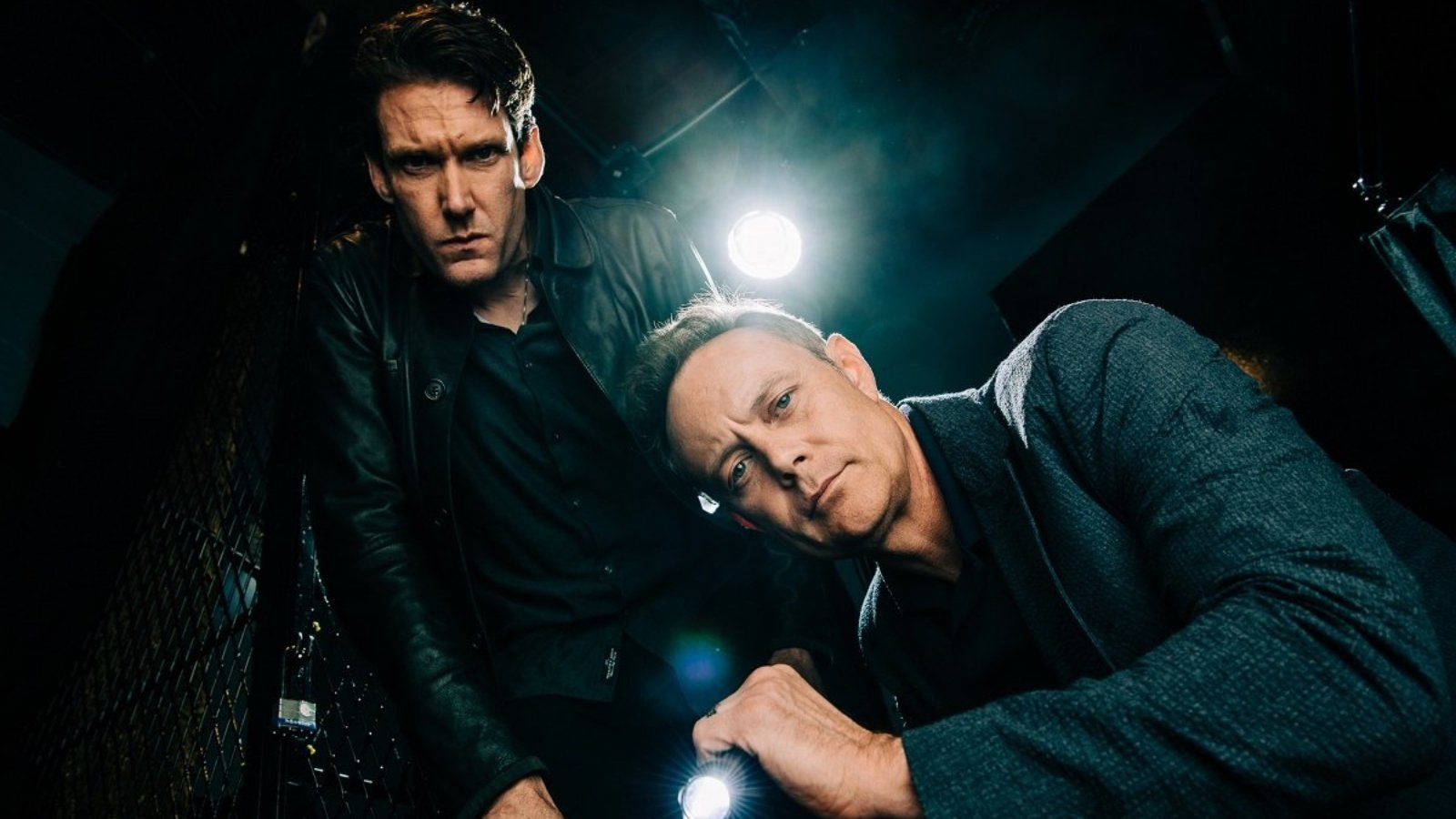
Billy Jensen had it all until he didn’t. Jensen was featured on the hit podcast Murder Squad with associate Paul Holes, which paired experts with citizens to crack cold cases. The show was wildly successful when the crew worked to solve the Golden State Killer case. That was why fans and fellow podcasters were so shocked when the show was abruptly discontinued with no announced reason. Now, retired investigator Paul Holes works with journalist Kate Winkler on The Murder Squad‘s replacement, Buried Bones.
But the answer to fans’ questions didn’t stay shrouded in mystery for long when fellow podcaster Jen Tisdale came forward with sexual misconduct allegations against Jensen. Tisdale claimed Jensen had slapped her during a sexual encounter which she had not been in agreement with. Jensen denied the allegations, saying that the encounter was consensual and Jen was jaded because he had rejected her. But following a 2021 Halloween party put on by Exactly Right, the podcast’s network and sponsor, even more allegations came to light. Other podcasters revealed Jensen had touched and grabbed them inappropriately and without their permission during the party. Jensen finally admitted he was under a workplace investigation due to allegations made of events that occurred during the party. He also admitted he had a problem with alcohol and was ashamed of his behavior during the party, so he was seeking help.
But it turns out these allegations following Jensen were nothing new. He was also accused of misconduct by a previous podcast guest Terra Newell, a true crime survivor. Newell alleged that Jensen came onto her at a bar following a book signing and was aggressively flirtatious and tried to talk her into getting a hotel room with him, making her very uncomfortable. And she wasn’t alone. Another woman also came forward, Celene Calderone-Olson, a victim advocate and fellow podcast host, who claimed that Jensen had also been highly inappropriate with her at a bar as well. Jensen’s past started taking on a definite pattern, and following the Halloween party, the network had had enough of Jensen’s bad behavior and canceled the show with little explanation to fans.
Ashley Flowers — Crime Junkie (2017)
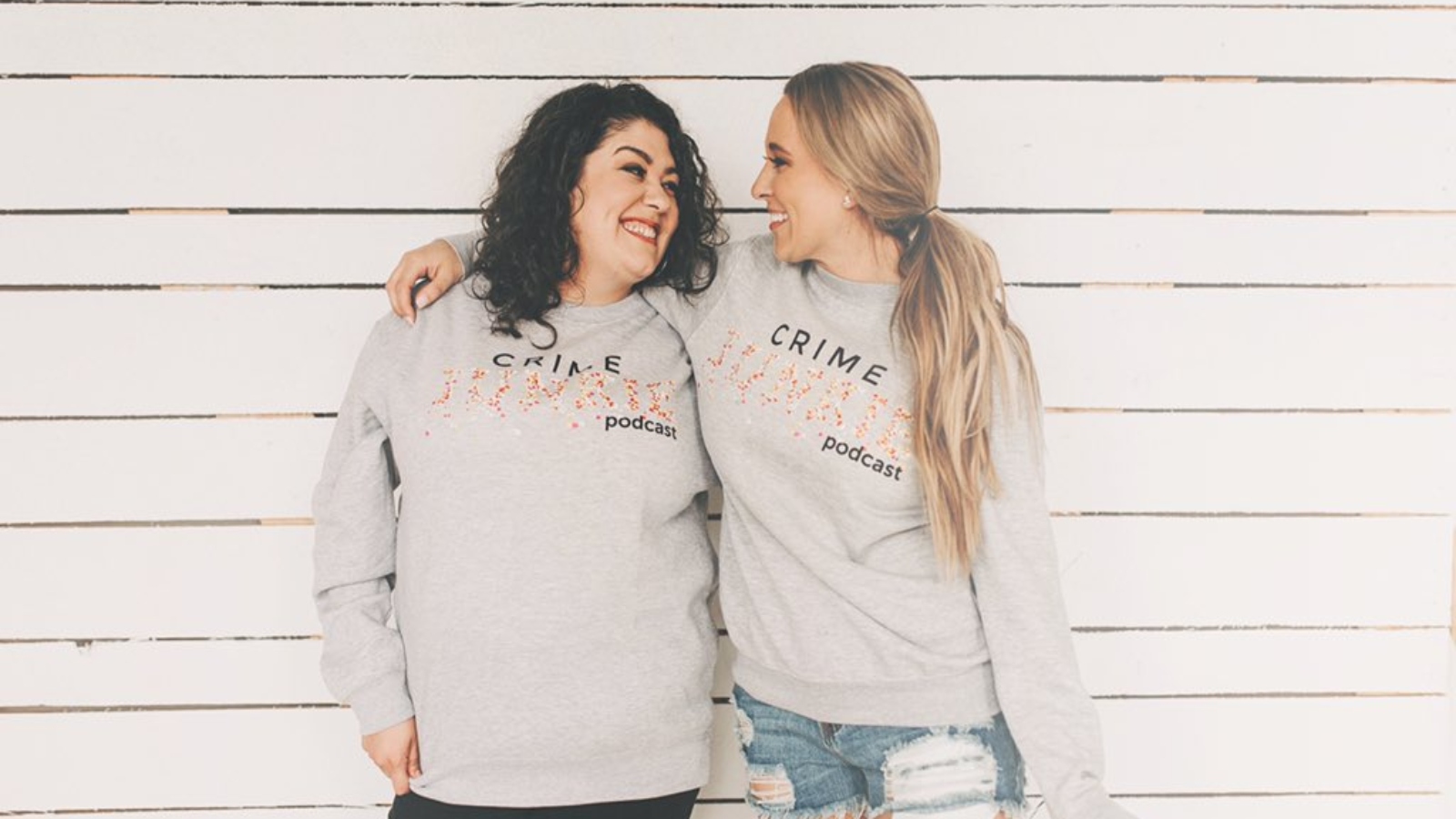
Ashley Flowers’ podcast, Crime Junkie, was a huge hit with 1.6 million downloads an episode in an average four-week span. But as it turns out, Flower’s secret to success wasn’t hers alone. Flowers was accused of plagiarising some of her episodes and information. The most notable accusation came from Catherine Frye, who wrote a four-piece series for the Arkansas Democrat-Gazette that covered the murder of a teenage girl, Kacie Woodie.
Frye alleges Flowers plagiarized her piece, quoting her almost word for word, but not giving her credit for the information. Frye also alleged that in researching many of Flowers’ other episodes, she saw more examples of uncited sources and what she believed to be plagiarized information. Flowers took down several of the episodes under threat of a lawsuit from Frye. Three other journalists and podcasters came forward citing specific examples of Flowers’ plagiarism. Flowers responded saying she had taken down episodes and the podcast research process was going through a rigorous screening and update. But too little, too late. Flowers’ reputation has never fully recovered and the accusations of plagiarism continue to float around her podcast, projects and book to this day.
Brett Talley — The Prosecutors (2020)
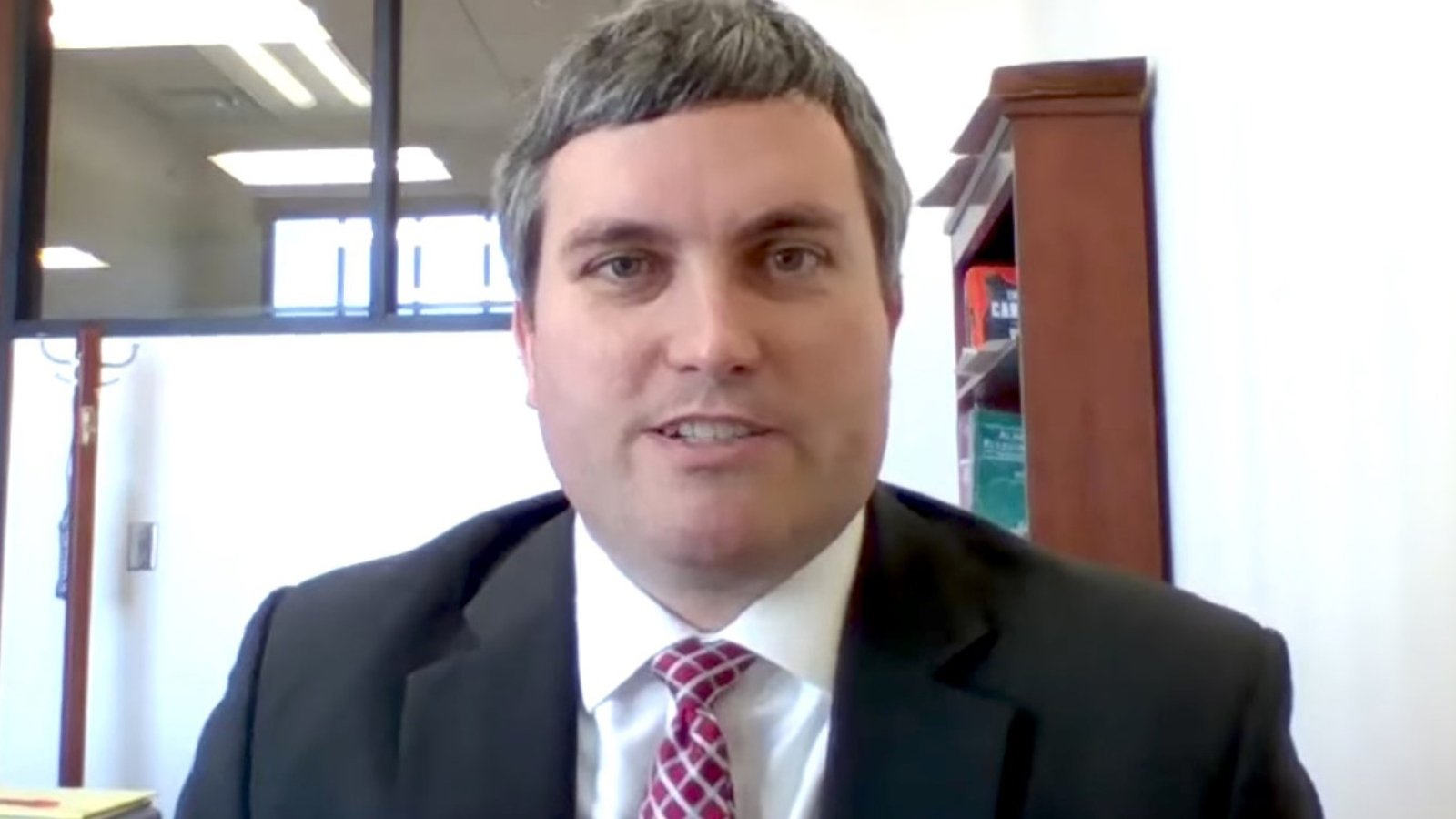
The premise of this podcast put a whole new spin on the world of true crime. Two prosecutors contributing their experience and expertise on actual cases, what could miss? Apparently a lot. The plot thickened as the mysterious hosts, known only as “Brett and Alice,” peaked one fan’s curiosity and she decided to dig a little deeper into who these hosts actually were. And what she found, in a plot twist no one saw coming, was that these two were huge MAGA sympathizers. The hosts turned out to be Alice Lacour and Brett Talley, a huge Trump supporter and nominee to the federal bench. He was denied the position when the American Bar Association called him “not qualified” for having never tried a single case. Talley was openly in support of known KKK members, pro-gun and anti-abortion legislations, and had made many public comments that made fans very uncomfortable.
And if the comments and political affiliations weren’t problem enough, many fans were disgruntled over the duo’s lack of honesty around their true identities. It appeared to many that the two were intentionally deceptive and were attempting to use their podcast platform to further their own agendas. Whether or not this aspect of the allegations were true, the podcast never fully recovered from the notoriety of the scandal around their identities.
Jason Cavanaugh — Son of a Hitman (2020)
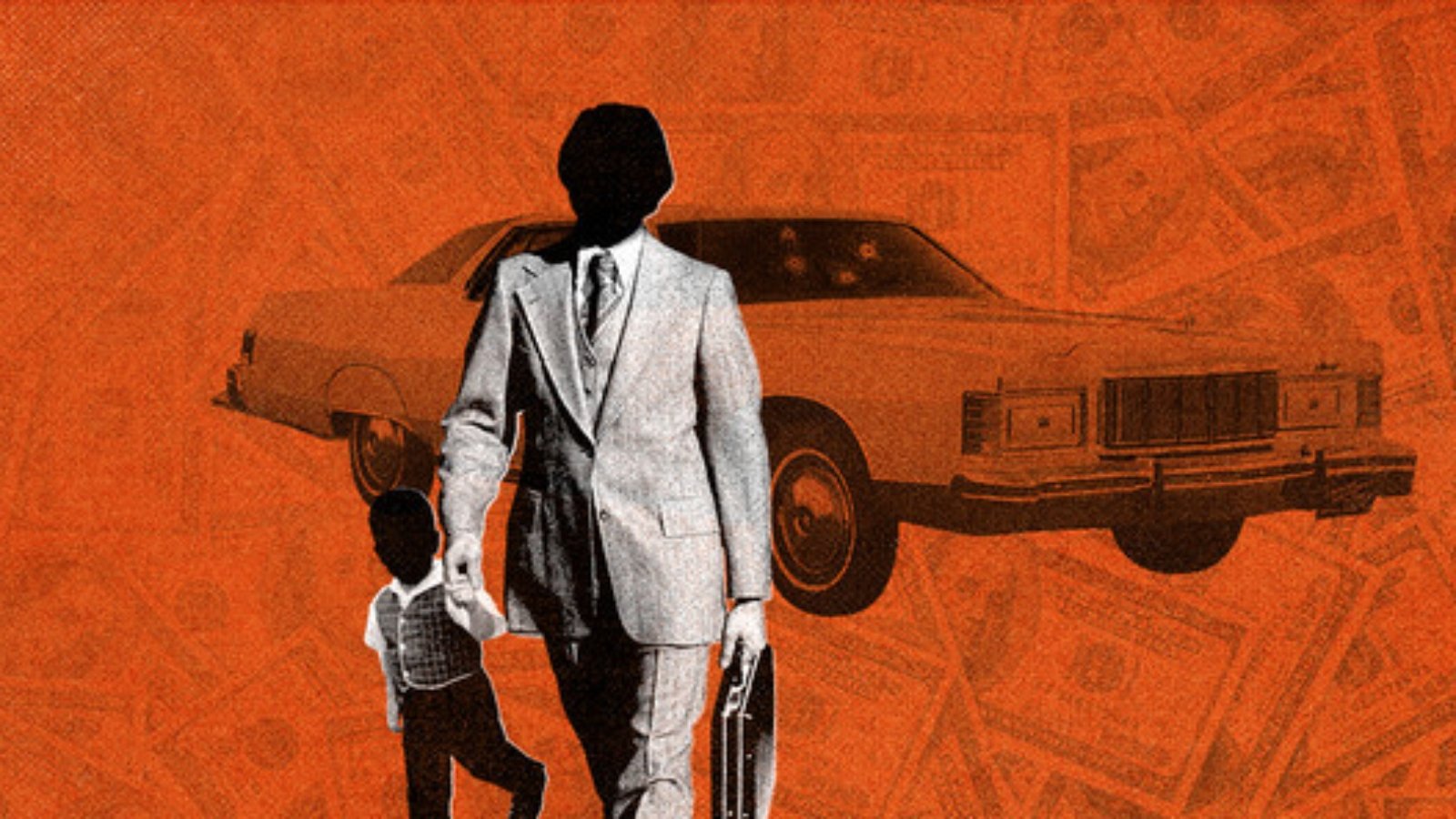
The Son of a Hitman podcast follows the life and crimes of known hitman Charles Harrelson, so if that name sounds familiar to you, it should — it’s Woody Harrelson’s dad! Harrelson’s brothers actually worked with the show to help dig up connections to the cases. The sons have held the belief that their father’s convictions were not all accurate and there was hope that the podcast could help bring the truth to light. But a defamation lawsuit threw a wrench in the podcast’s progress when a former guest, Dr. Chrysanthe Parker lodged a complaint.
The lawsuit took down the podcast, the host and everyone associated with it, including the people airing it, such as Spotify. It was a whole thing. The ins and outs of the lawsuit are detailed, but long story short, Dr. Parker felt that she was very misrepresented in the interview and that large sections elaborating her role in Harrelson’s case were left out. Dr. Parker alleges it makes her seem as though she were part of a plan to fabricate evidence and that the podcast interview could interrupt her professional life as a lawyer and health professional. A federal court eventually dismissed the case, but it was definitely a tough moment for host Jason Cavenaugh and for the podcast as a whole.
When staring into the abyss, be careful because the abyss can stare back. When reporting on true crime, makes sure you don’t become a criminal yourself. And that is a lesson these true crime podcasters all seemed to have had to learn the hard way.

